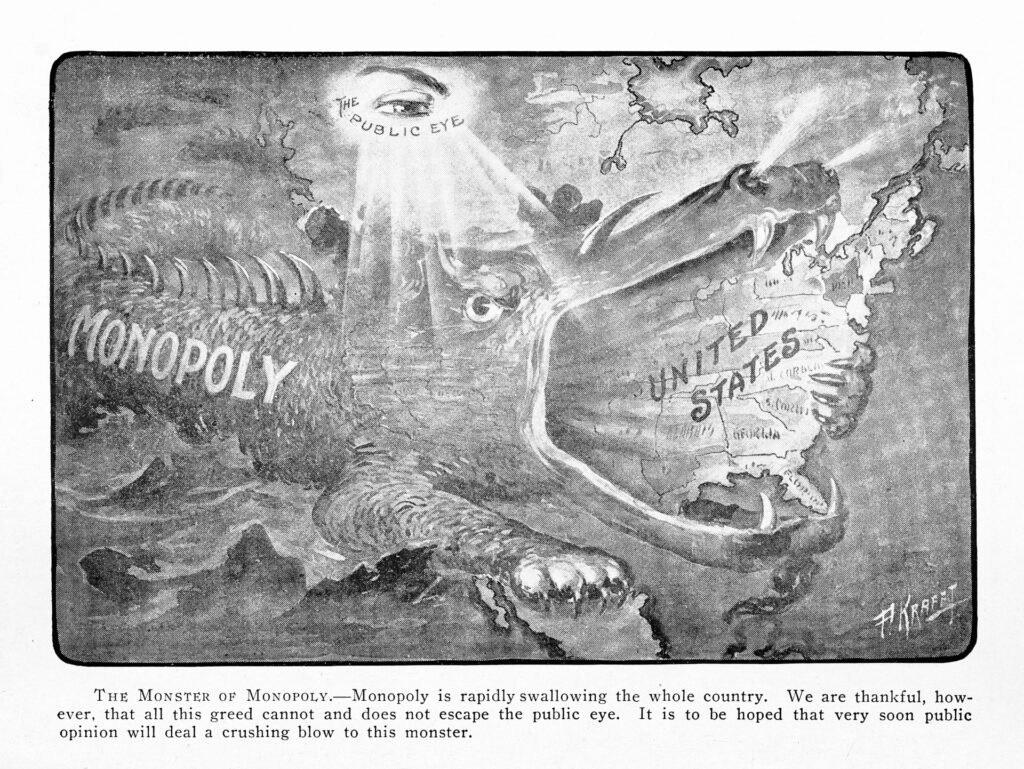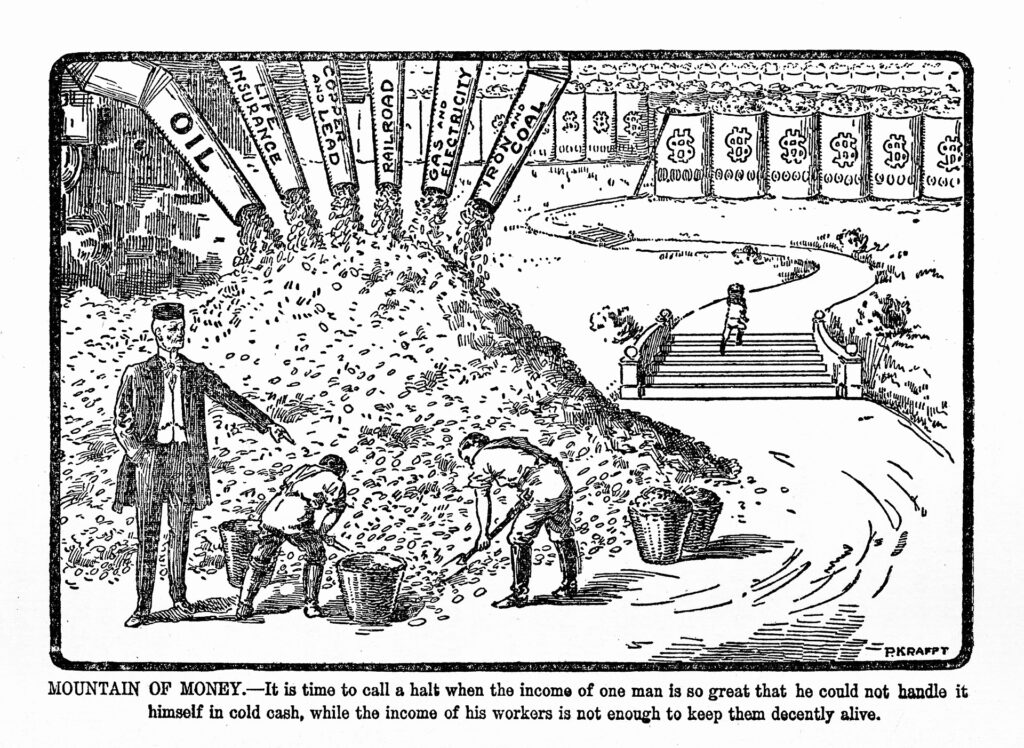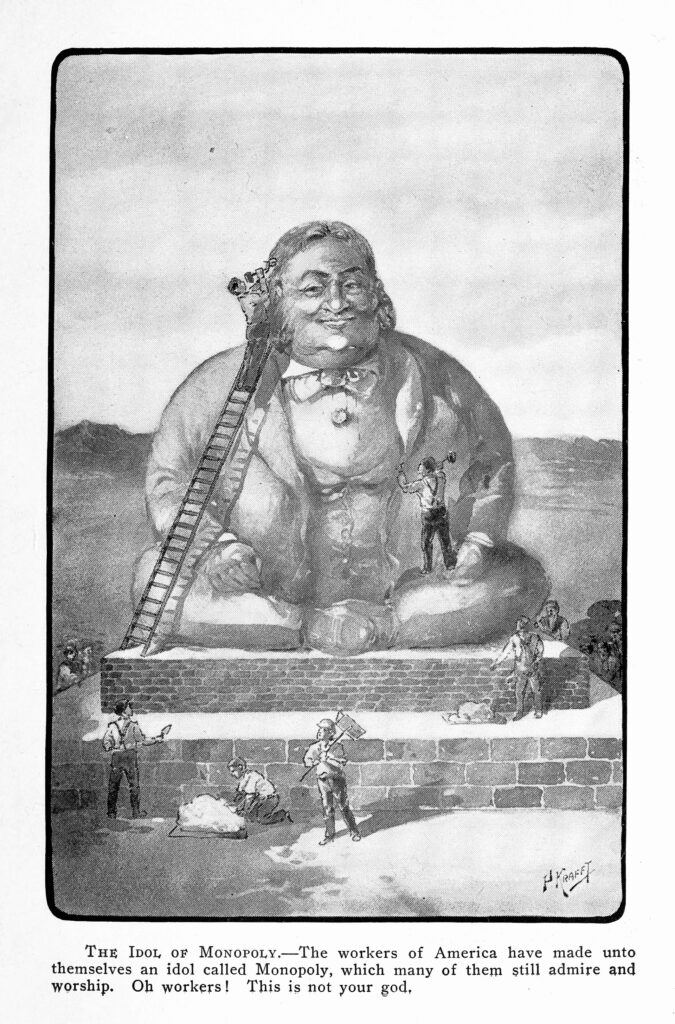On May 1, 1886 — 138 years ago today — the American Federation of Labor called a general strike to demand the eight hour day. The strike culminated in Chicago with the Haymarket Massacre a few days later. As the demonstrators were peacefully leaving the demonstration, someone exploded a bomb. The police fired wildly into the crowd, killing and wounding both police officers and demonstrators. Eight people were arrested, even though there was no evidence that they were involved with the bomb, and four of them were executed. In 1893, it was finally declared that all eight were innocent —far too late for the four who had been unjustly executed. Unitarian Universalist blogger Patrick Murfin tells this story better than I can.
Eventually, the eight hour day was established as the norm for workers. But that began to change in this twenty-first century. With hardly any workers in unions, many corporations have been been emboldened to do whatever they want. Amazon delivery drivers are often forced to work 10-12 hour days (I used to hang out with an Amazon delivery driver, who told me this). Walmart employees are only given part-time work (which means no benefits), then forced to work irregular schedules that don’t allow them to pick another job. By the 2010s, Google hired contractors to run its infamous Google buses; the contractors paid crap wages and forced the drivers to work split shifts. As for the big executives, they just kept giving themselves raises. By 2020, the typical CEO was paid 351 times the salary of the average worker. There are still lots of great companies out there, places you’d want to work (some ofwhich are owned by Unitarian Universalists), but on the whole the conditions for workers are getting worse, not better.
As for the two political parties, neither one of them seems to care much about the shrinking wages of the middle class, lower middle class, and working class. The Democrats used to be the party of Big Labor, but with the demise of unions, I guess they figure they have little incentive to deal with workers’ issues. The Republicans at least pretend to pay attention to the needs of workers, and I give them credit for that — but when push comes to shove, they always seem to support the big corporations.
The Unitarian Universalist Association (UUA) has never been a strong supporter of the needs of workers. The denominational magazine often carries articles about supporting the rights and needs of people of color, immigrants, LGBTQ+ folks, and women — all of which is great, we need that. But there aren’t many articles about workers needs.
I understand. It’s just not our thing. I can accept that. We’re a small denomination. We can only do so much; we’re probably overextended as it is. If the UUA doesn’t want to support unions, or workers’ needs and rights, that’s OK with me. Focusing on a few things is a good idea.
But personally, I support unions and unionization. I spent 12 years punching a time clock in various jobs in the residential construction business, and another year and a half punching a time clock in a health food store. While I never worked in a unionized workplace, I was grateful for eight hour days, overtime pay after eight hours, workers compensation, OSHA, and benefits packages — all of which, as I learned from older workers, only happened because of unions. Even though I was never a union member, I would have been much worse off financially through my twenties and thirties if it hadn’t been for unions.
Anyway. Happy May Day.



